
AeroGenie: Su copiloto inteligente.
Tendencias
Categories
Inside a Four-Seater Flying Taxi Designed for Future Pilotless Flights
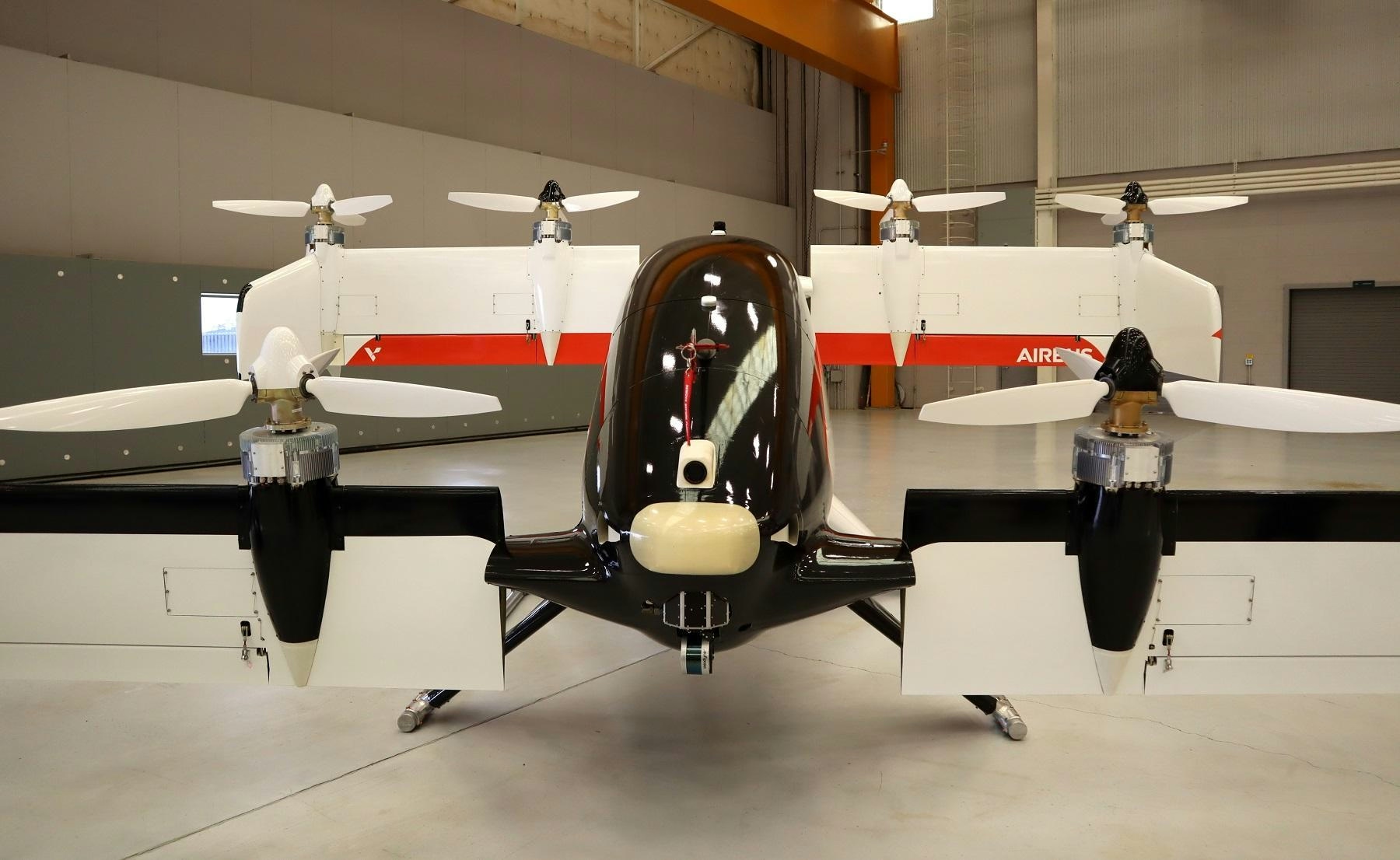
Inside a Four-Seater Flying Taxi Designed for Future Pilotless Flights
At the recent Paris Airshow, Embraer unveiled a mock-up of its electric vertical takeoff and landing (eVTOL) vehicle, Eve, attracting significant attention as a potential harbinger of urban transportation’s future. With increasing congestion in major cities worldwide, aviation companies are placing their bets on a new generation of air taxis that promise to alleviate ground traffic by offering electric, quiet, and sustainable alternatives for commuters.
The Promise and Potential of eVTOL Technology
eVTOLs combine the vertical lift capabilities of helicopters with the cruising efficiency of airplanes, all while producing zero emissions. The market for these vehicles is projected to reach at least $4 billion by 2030, reflecting growing interest in their potential. However, widespread adoption hinges on overcoming public skepticism regarding safety and practicality.
Eve Air Mobility, a division of Brazil’s Embraer—ranked as the world’s third-largest aircraft manufacturer—is among the leading developers in this space. Johann Bordais, CEO of Eve Air Mobility, anticipates that the Eve eVTOL will enter service by 2027. He highlights that the vehicle will be more affordable and quieter than traditional helicopters, stating, “The safety level, operating cost, and quietness of the eVTOL make it better than the helicopters flying today.”
Designed to accommodate four passengers, Eve targets urban routes such as airport transfers, ride-hailing services, and sightseeing tours in dense metropolitan areas like Manhattan and São Paulo. Looking further ahead, the company envisions the vehicle operating without a pilot, drawing parallels to autonomous ground vehicles. Bordais described this future as “like the Waymo of the skies.”
Challenges and Competitive Dynamics
Despite the promise, the path to commercial deployment remains fraught with challenges. Regulatory approval is a significant barrier, with safety concerns and certification processes posing complex hurdles for all eVTOL manufacturers. Although Embraer has presold hundreds of Eve units to airlines including United and SkyWest, the company has yet to conduct a full-scale prototype flight. In contrast, competitors such as California-based Joby Aviation and Archer Aviation—partners with Delta and United respectively—have already demonstrated their eVTOLs publicly and are aiming for launches as early as 2026.
Bordais expressed confidence in Embraer’s methodical approach, underscoring the company’s extensive experience in certifying commercial, military, and private aircraft. He emphasized the distinction between flying a prototype and achieving certification, noting that Embraer is prioritizing engineering and system modeling to meet both operator requirements and federal standards before advancing to full-scale flight tests. “Certification is a milestone, and we’ve been through those milestones before,” he remarked.
The competitive landscape is evolving rapidly. Some major players, including Hyundai’s Supernal and Airbus’ CityAirbus NextGen, have paused their electric taxi programs this year. Meanwhile, others are pursuing strategic partnerships to accelerate their commercial launches. Embraer, for instance, has partnered with Falcon Aviation Services to facilitate its entry into the Middle Eastern market, even as some investors urge caution about expanding internationally before securing certifications in the United States and Europe.
As the race to establish urban air mobility intensifies, the success of eVTOLs like Eve will depend not only on technological innovation but also on navigating regulatory complexities and building public trust. For now, Embraer’s teal-green octocopter remains a compelling vision of a future that could fundamentally transform urban transportation.
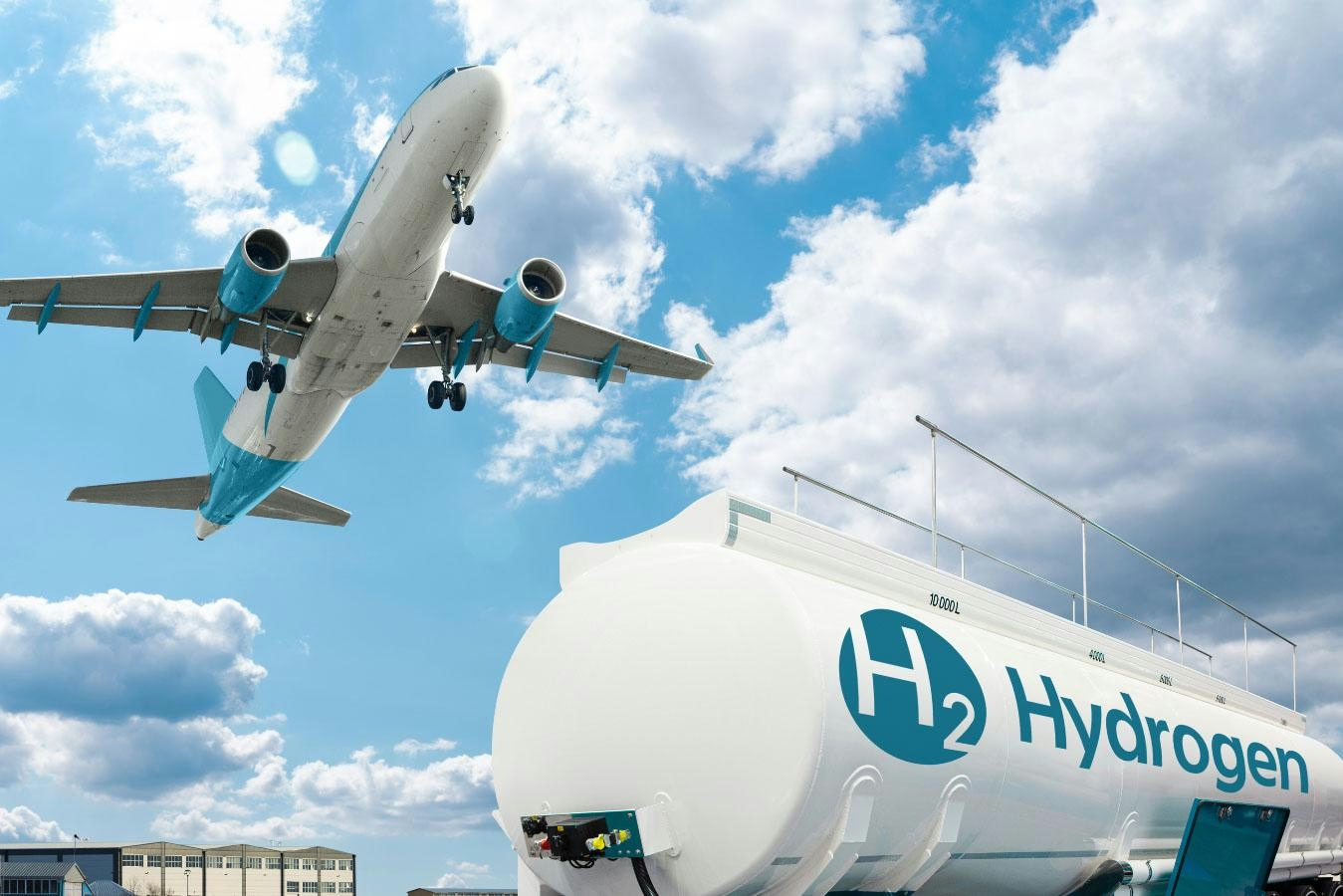
Hydrogen Combustion vs. Fuel Cells: Evaluating Options for Aviation
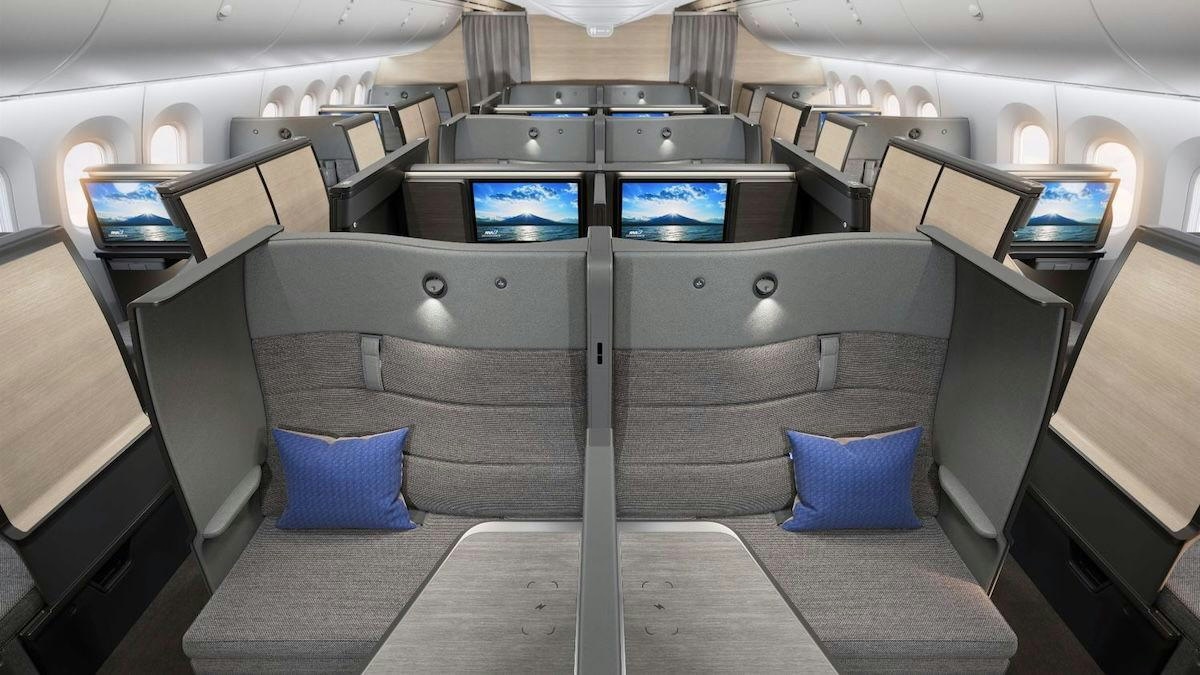
ANA Introduces The Room FX Business Class on Boeing 787 Dreamliners
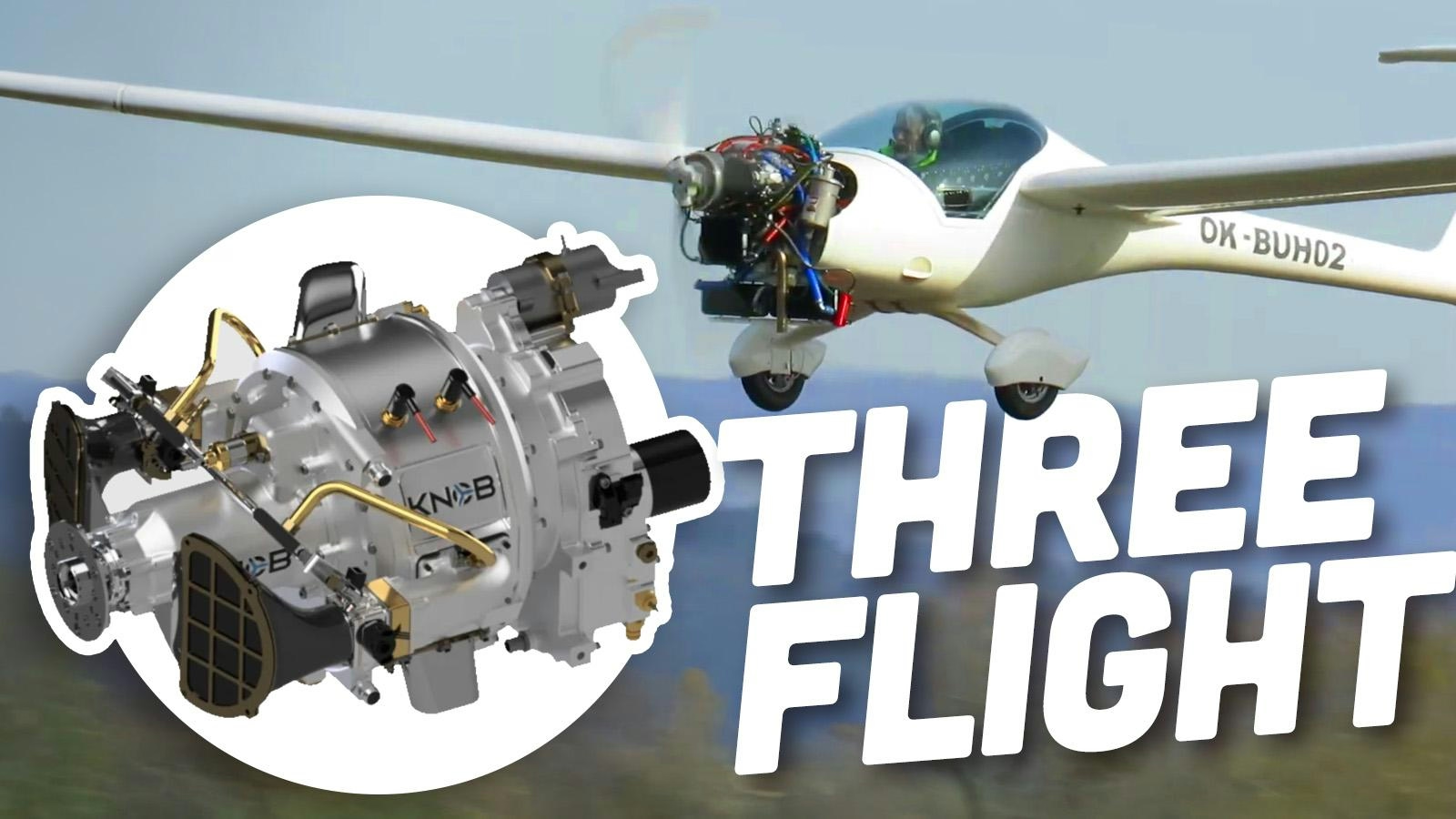
New Three-Cylinder Engine Features Rotating Block and Stationary Head
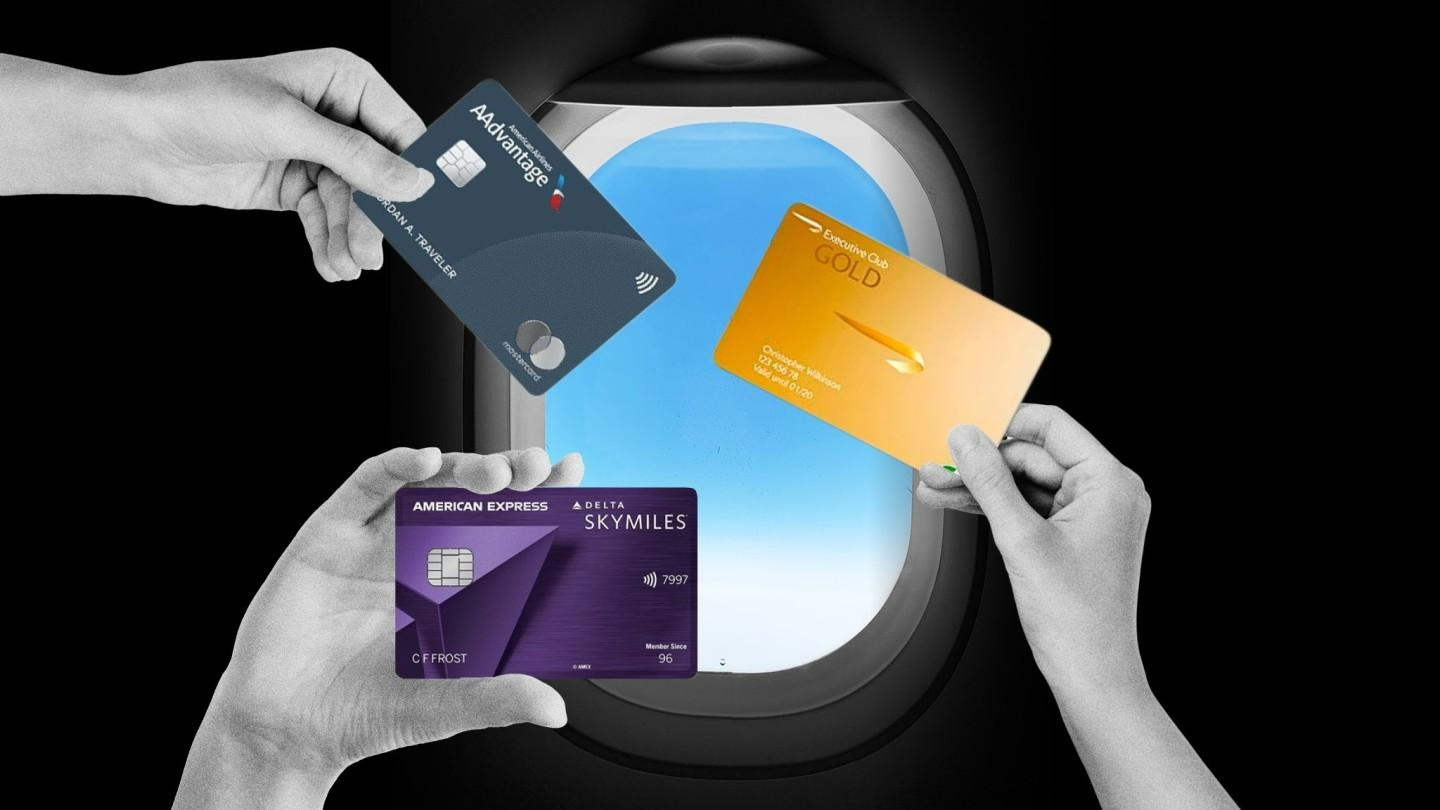
Credit Card Rewards Compete with Airline and Hotel Loyalty Programs
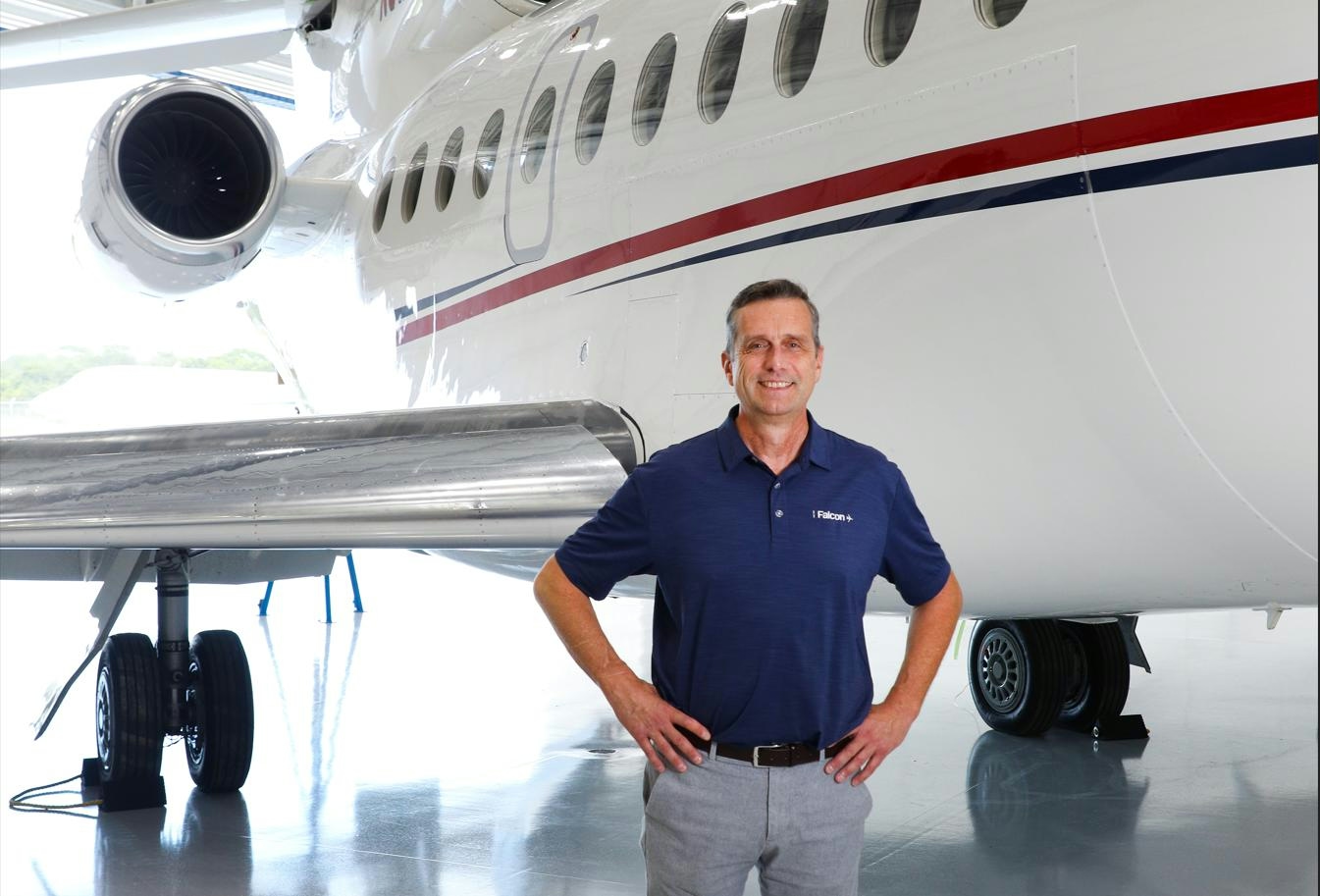
ExecuJet MRO Installs Starlink on Falcon 8X
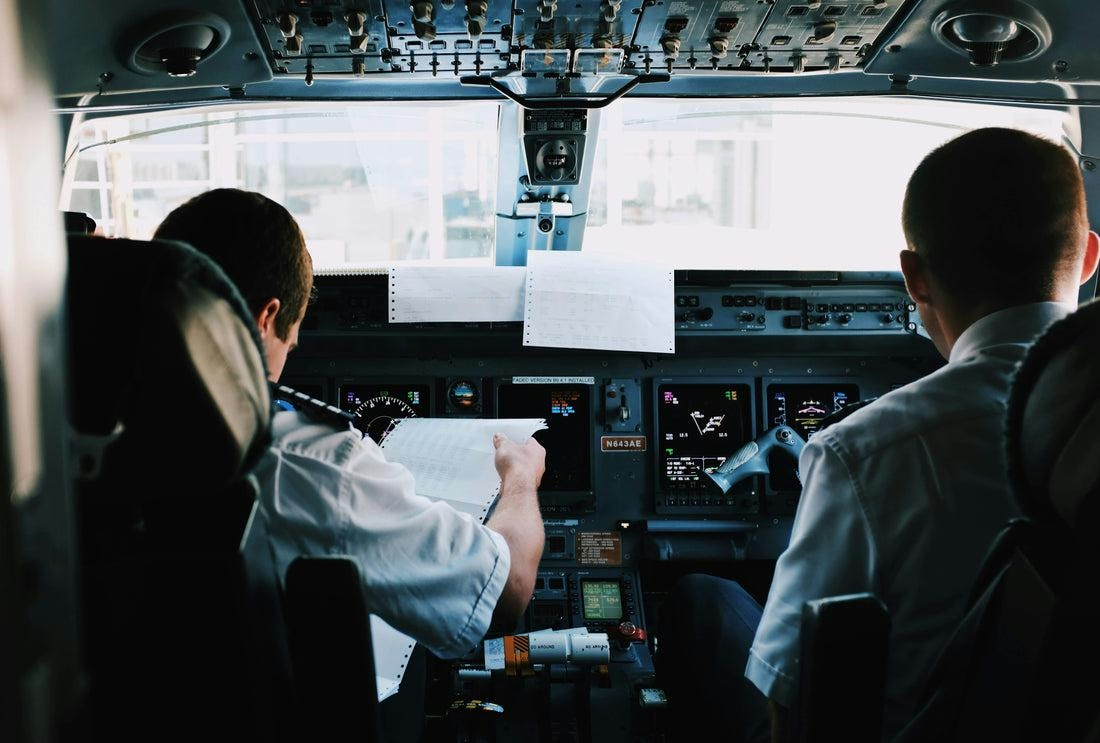
New Airlines Confront Supply Chain and Staffing Challenges

Global Airline Route Planning Software Market Forecasts Through 2035
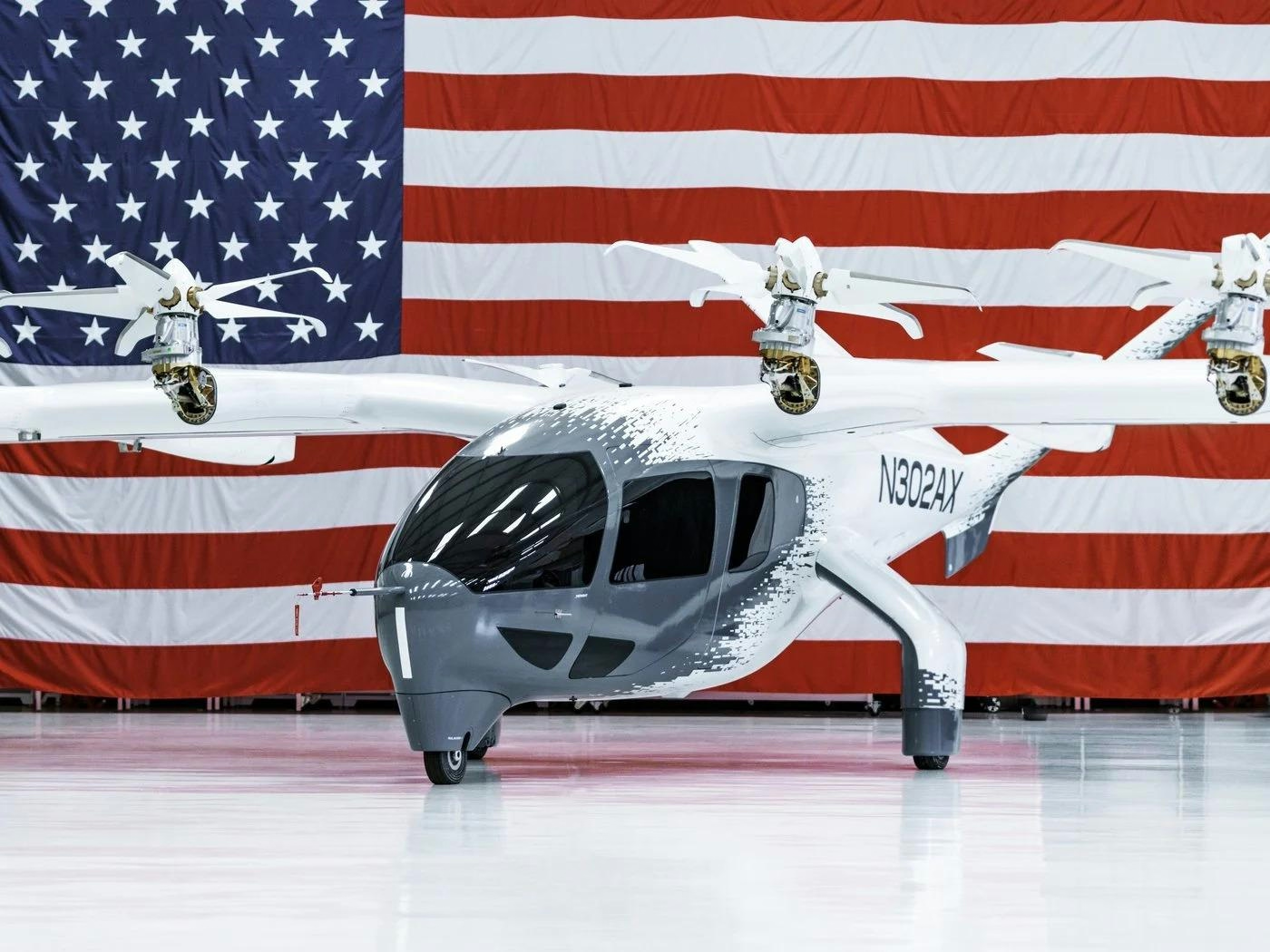
Archer Aviation Shares Rise Premarket Following Nvidia IGX Thor AI Partnership
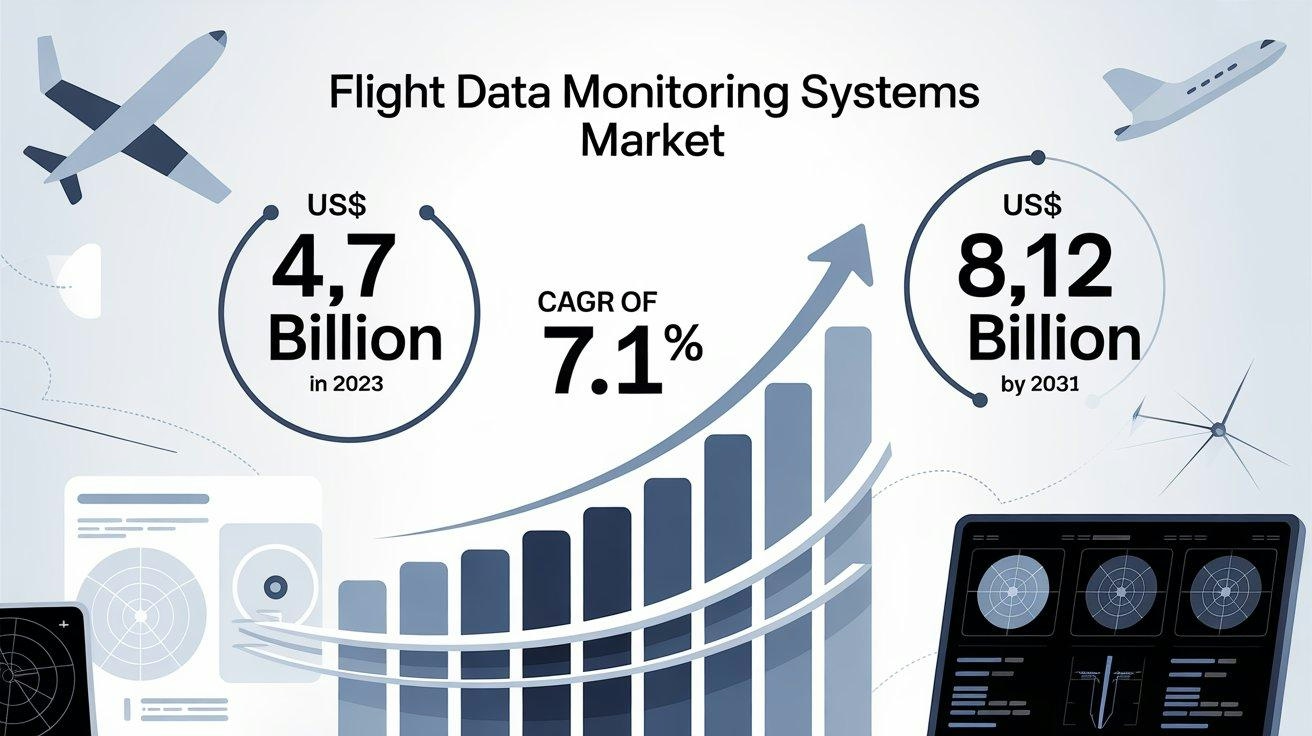
Flight Data Monitoring Systems Market Poised for Robust Growth Amid Rising Focus on Aviation Safety and Digital Transformation
